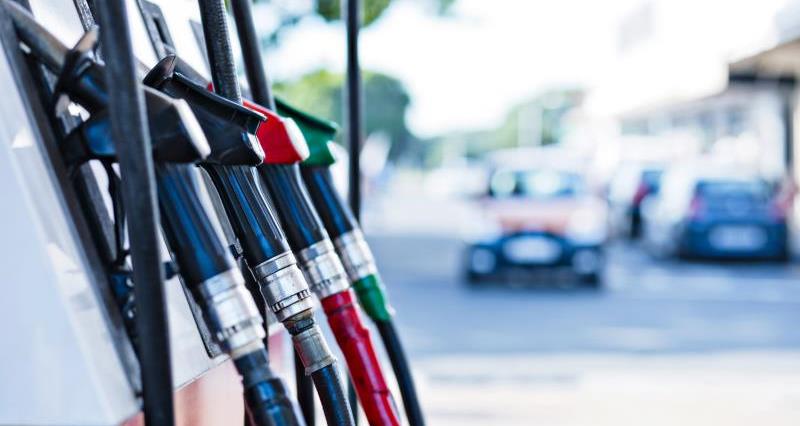The government’s proposal to introduce E10 petrol in 2021 is a great stepping stone towards delivering greener fuel for the public, and urgent implementation is needed to help the country move towards its net zero goal.
The proposal comes after years of NFU lobbying to introduce the biofuel to petrol stations across the UK.
Last year the NFU wrote to various government departments outlining how implementing E10, maintaining Britain’s bioethanol processing infrastructure and supporting a thriving British biofuel industry can deliver significant economic and environmental benefits for the country.
NFU members also contacted more than 120 MPs who raised the issue with the Department for Trade.
What is E10?
E10 is a type of petrol that contains 10% renewable bioethanol, which is made from wheat or sugar beet.
Currently only E5 petrol, which contains 5% renewable bioethanol, is available at UK forecourts.
NFU Vice President Tom Bradshaw said: “As a global economy we are in a situation where we need to take immediate action to reduce our greenhouse gas footprint.
"Introducing E10 is a simple, fast and effective way of contributing towards the government’s 2050 net zero target through reducing transport emissions and it's great that the government is getting the ball rolling.

“Quick implementation is crucial and we still need clarity as to when these changes will take place in 2021. British farmers have been ready to deliver greener fuel for years now and, as the consultation rightly points out, growers have a huge role to play in the biofuel arena – we need to see E10 being made available in petrol stations as early in 2021 as possible.
“Not only will a fast rollout of E10 be effective in reducing reliance on fossil fuels, but it will also benefit farming businesses – from the high protein by-product which can replace imports of less sustainable animal feed, to delivering a stable domestic market for arable farmers at a time of trading uncertainty.
“This consultation recognises that E10 is a win-win for the government, farmers and the public. ╗╩╝Ď╗¬╚╦will continue to work with the government to ensure it is introduced as quickly as possible.”
Read more:
